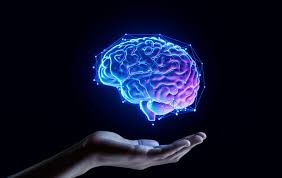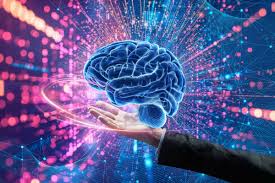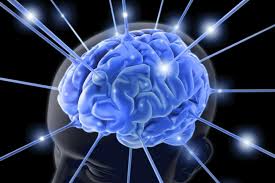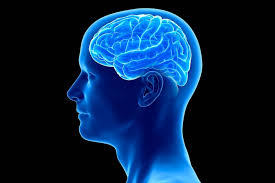
DEMENTIA
DEMENTIA is an umbrella term for a range of symptoms that occur when the brain deteriorates due to disease. The effects of dementia can include memory difficulties, problems with planning, and trouble with communication. While it's normal for people to occasionally experience memory lapses or moments of uncertainty in certain situations, the issues related to dementia severely impact a person's ability to maintain independence in daily life.


Signs of Dementia
Most people with dementia experience forgetfulness, especially when it comes to remembering names or keeping track of appointments. They may have difficulty finding the right words, even if they once had a good ability to express themselves. In addition, they may need help with spatial orientation, something they were previously able to do on their own. In some cases, the person may undergo personality changes, lose interest in social interactions, or experience difficulty connecting with others.
Alchajmerova bolest je najčešći uzrok demencije Dementia can also affect everyday tasks such as managing finances, preparing food, and grocery shopping, making it harder for the individual to navigate daily life independently.
How Does Alzheimer's Begin?
In typical cases, Alzheimer's disease starts with memory problems, difficulty finding words, and mood changes. Unlike regular forgetfulness, these issues tend to worsen after at least six months.
As the disease progresses, additional problems may arise, such as:
- - Constant forgetfulness of recent events, meetings, names, and faces, along with difficulty understanding spoken language
- - Confusion when handling money, driving, or using household appliances
- - Personality changes, such as withdrawing from close relationships, becoming irritable or indifferent
- - Mood swings, including tearfulness, suspiciousness, or believing someone is stealing from them or trying to harm them
- - In the later stages, they may become agitated, get up at night, prepare to go somewhere, wander off and get lost, or repeatedly walk around the same area. As the disease progresses, they may lose normal inhibitions, disrobe in front of others, act aggressively, or exhibit other behavioral changes
- - In the final stage of dementia, patients may become bedridden, lose the ability to communicate normally, and lose control of bodily functions. The personality changes can be so profound that loved ones may feel as if they are interacting with a stranger.

A stroke occurs when certain brain cells stop functioning due to a lack of oxygen and nutrients, often caused by blockages in blood vessels or ruptured blood vessels spilling blood into the brain tissue or meninges.
Since brain cells do not have nutrient reserves, their deterioration leads to the loss of the functions they control.
This may result in the loss of motor function in certain body parts, speech difficulties, loss of sensation, coordination problems, psychological outbursts, or disturbances in consciousness. In about 33% of cases, the outcome is fatal.
Stroke is the third leading cause of death, following heart disease and cancer. Around 20,000 new stroke patients are diagnosed every year. The consequences of a stroke can lead to significant disability, making the affected individuals highly dependent on others for basic needs.
This is particularly concerning as life expectancy continues to rise, and research shows that after age 55, the risk of having a stroke doubles every decade.
However, stroke is increasingly occurring in younger populations, with around 28% of cases affecting those under 65. These statistics highlight the importance of early detection and intervention to reduce mortality rates and prevent long-term disability.
Scope of Action for Our Products:
- - Prevention of dementia and Alzheimer's disease
- - Improvement of circulation and memory
- - Supporting normal blood circulation in the brain
- - Maintenance of normal memory in the elderly
- - Enhancing focus and cognitive function in younger individuals
- - Supporting normal mental health, cognitive functions, and performance
- - Promoting healthy psychological functions, and supporting the proper functioning of the nervous and immune systems
- -
- -
- -
